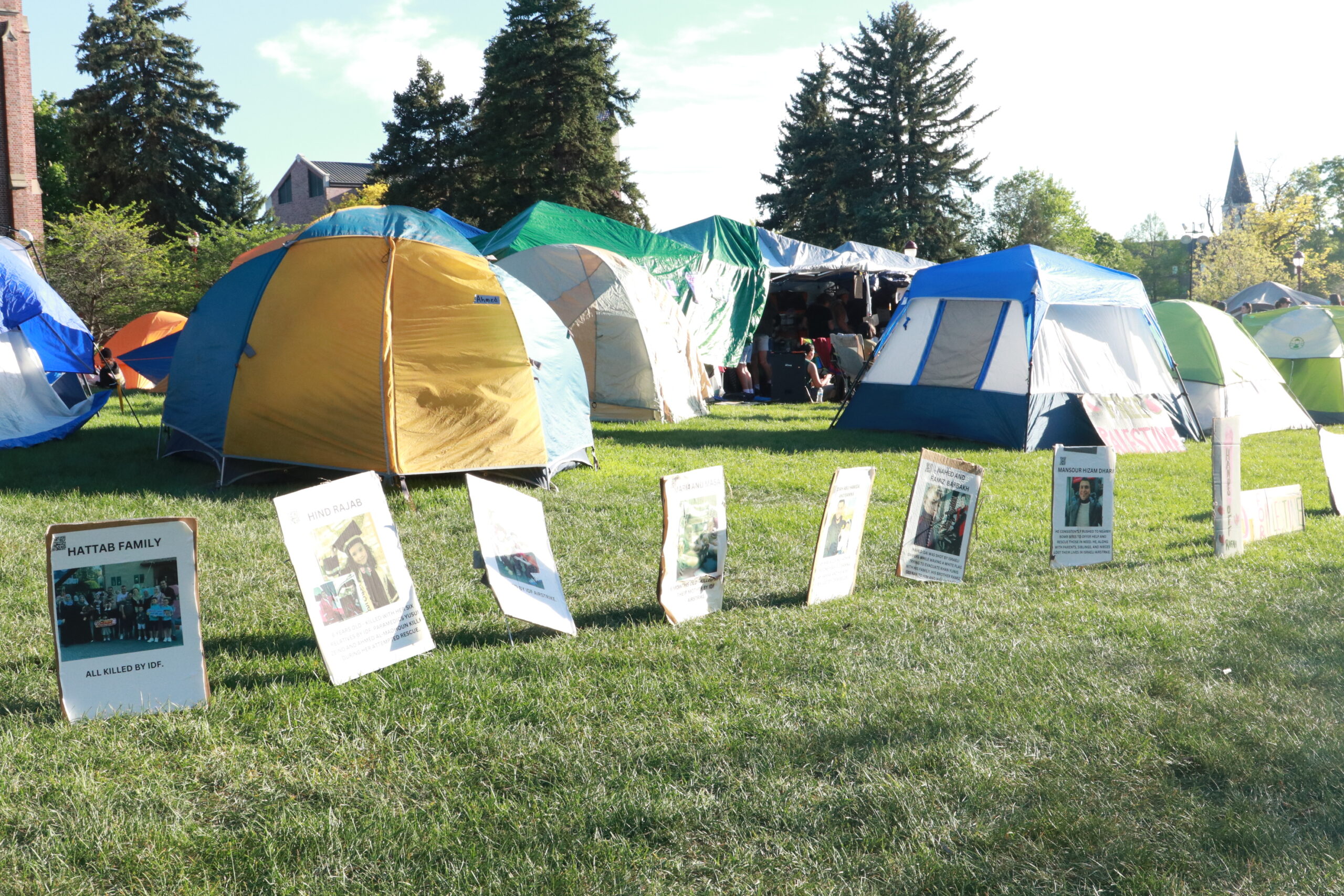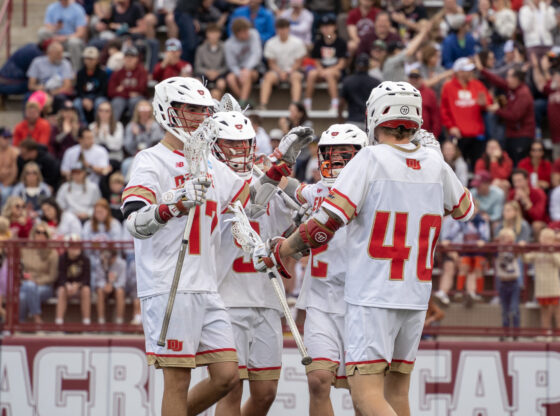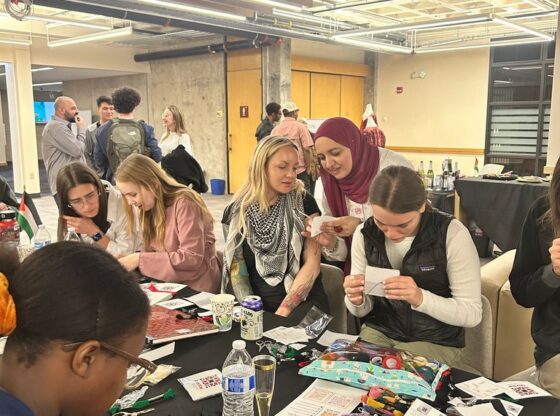Is there a community at the University of Denver? This question perplexes chancellors, executives and students on campus.
According to Webster’s Dictionary, a community is “people with common interests living in a particular area.”
DU students all live in the same general area, so there’s one requirement fulfilled. Further, all students share the “common interests” of bettering themselves through knowledge and empowering themselves through education.
This is where some students disagree with Webster. Although these overriding interests do exist, some say the university still lacks community.
“We all have a bond because we are all here to pursue knowledge; but within that everyone finds their niche,” freshman Jessie Wells said.
Between 50 clubs, 20 sports, Greek life, dorm life and academic lives, a student can lose touch with reality.
“I often think that people sometimes get so caught up in their activities that they forget there are thousands of other students around,” freshman Brad Wiles said.
So, by promoting clubs and other activities is DU actually degrading its community fiber?
Jennifer Layton, director of student programs, said that DU promotes many generalized activities, thus establishing a way for students to meet others and stay grounded in reality.
In fact, later in October Homecoming, which means activities from banner painting to a pizza cook-off are organized by the various clubs on campus.
This year’s Homecoming puts greater emphasis on weekend activities. For example, on Oct. 19 isms…art club, the Russian Alliance and University of Denver Programs Board are all hosting a haunted house.
Further, a new series of “get loud” games are meant to buttress our sports teams. Similarly, eateries on the DU campus are clean, comfortable places where students can meet and converse.
DU has a Community Action Program that annually sponsors a DU Volunteer Day, regularly drawing upwards of 1,000 students from every walk of life.
What’s the theme of each of these activities? School-wide participation and combining the niches, while promoting bonds within our community.
“Although students come to this campus and find their niche, whatever that may be, all these niches come together very successfully and very positively,” Layton said.
In all, DU is in danger of losing the community due to student stratification via clubs and personal pursuits. Yet, through programs such as those illustrated above, DU is recognizing the problem and attempting to apply a dose of adhesive.
Hopefully, the actions will ignite within the student population and a sense of community and camaraderie will spread throughout those who matriculate.
Ironic as it seems, it just may be involvement that holds our campus community together.











